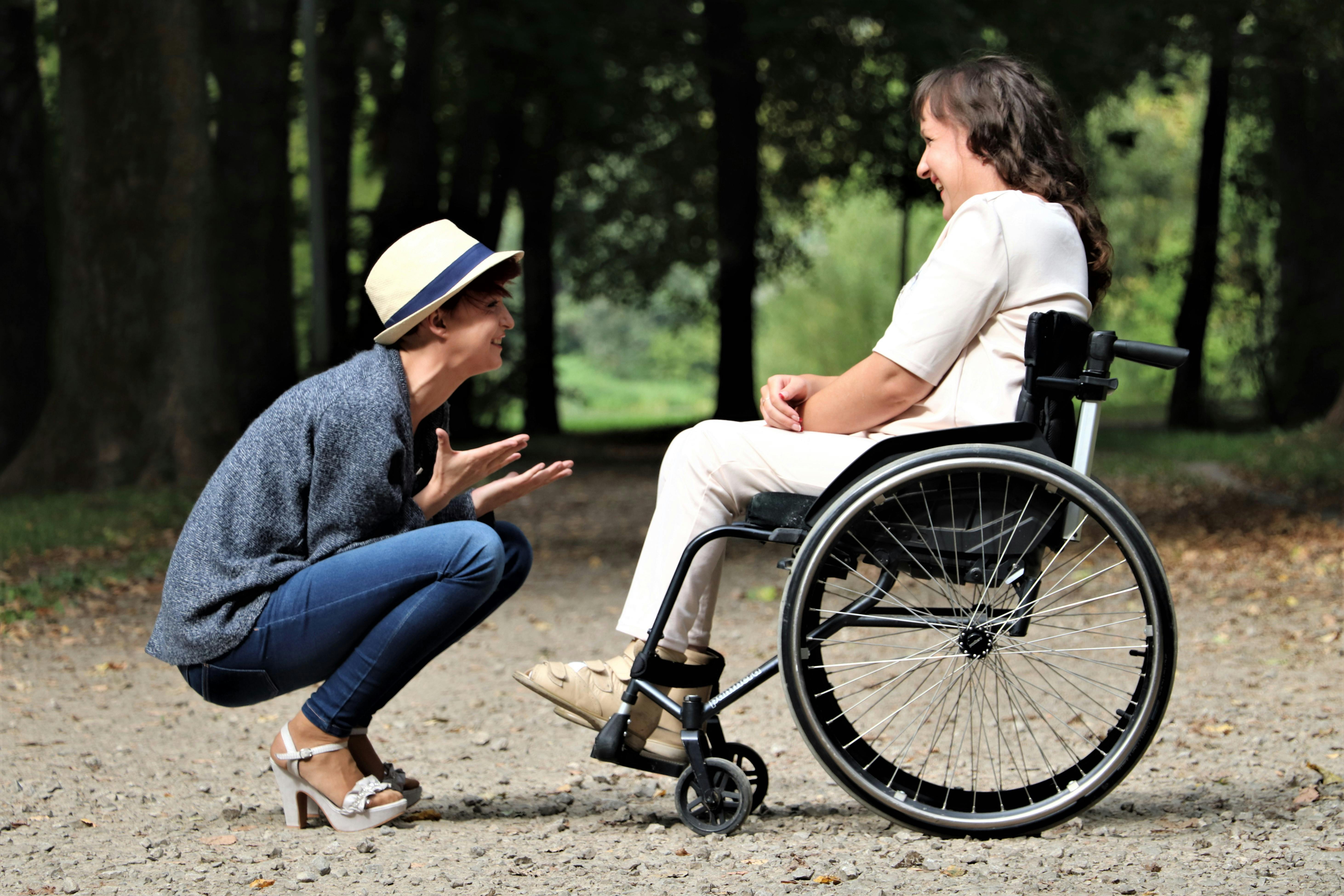A Closer Look at Over-the-Counter Emergency Contraception Plan B Ages 15+: Side Effects and Complications
The FDA recently approved the sale of Plan B emergency contraception without a prescription for people 15 years of age and older. The sale of plan B has become an ongoing debate since the drug was first introduced behind pharmacy counters in 2006. Research suggests that plan B is not as reliable or safe as it sounds, and for some It’s safe to say that plan B can cause infertility in women.
Side effects of plan B include severe abdominal cramps, vomiting, heavy bleeding, and menstrual changes. These symptoms often lead to an undiagnosed ectopic pregnancy. 50% of women report experiencing vomiting within an hour after taking the pill. Many times this leads to an unwanted pregnancy by expelling the pill while vomiting. Also, many women do not take into account the possibilities of allergic reactions and drug interactions. Over-the-counter sales of plan B increase the risk of such reactions because pharmacists do not educate patients about the drug, as doctors would when receiving a written prescription. Additionally, research shows the link between the use of plan B and the development of gastrointestinal, nervous system, and reproductive disorders.
What about plan B and pregnancy? The risk of pregnancy increases with each day that a patient waits to take her emergency contraceptive pill. With the 72 hour window after unprotected sex, the risk increases after 24 hours. Between 20 and 35% of women will become pregnant due to failed emergency contraception. Also, many women will use plan B with an unknown pre-existing pregnancy. This increases the risk of an ectopic pregnancy. 10% of pregnancies caused by failures in emergency contraception will be ectopic. And while the side effects of plan B may seem short-lived, ectopic pregnancies generally don’t occur until about 3-5 weeks after taking the pill. Many critics also argue that prolonged use of emergency contraception will result in infertility due to changes in hormones, menstruation, and ovulation. The drug claims also state that fertility is “likely” to return to normal after using plan B.
Finally, research finds that teenagers are not informed about the drug and its side effects and its proper use. The drug’s label warns patients not to overuse the pill more than twice in a given month. Teens report using plan B up to 4 to 5 times in a given month. Since plan B purchases are higher at local pharmacies, many teens abandon the pill with little or no knowledge about the drug. However, research does not show an increase in sales of plan B after it was approved over the counter for those 18 and older in 2006. Also, abortion rates have not decreased due to sales of emergency contraceptives.
Therefore, the long-term effects of using plan B are poorly researched. It is a fairly new drug compared to hormonal birth control pills. How will over-the-counter sales of Plan B to adolescent girls affect abortion, ectopic pregnancy, and fertility rates? The question remains unanswered and is quite controversial.




